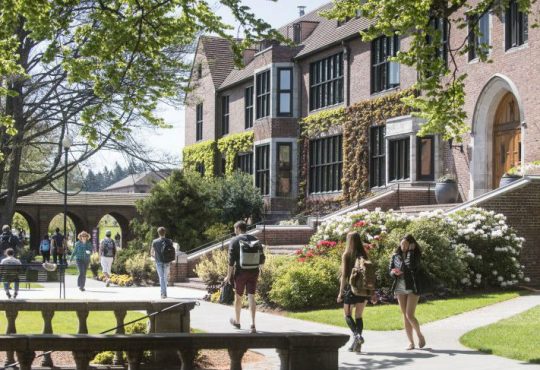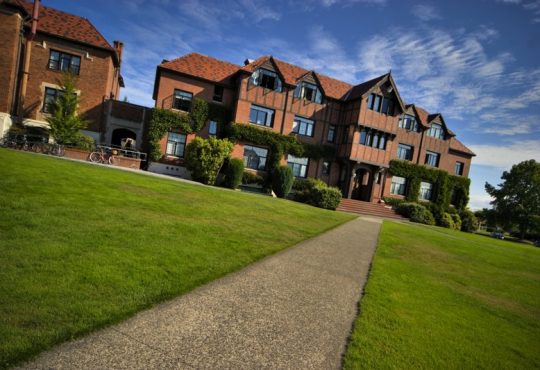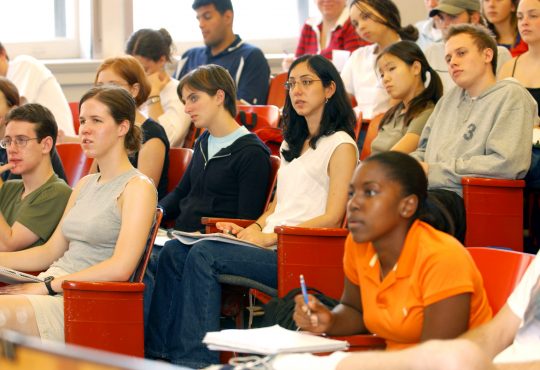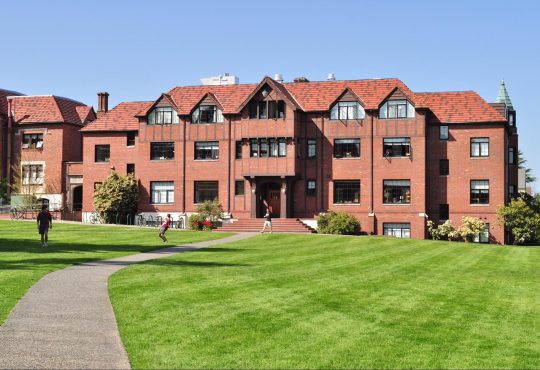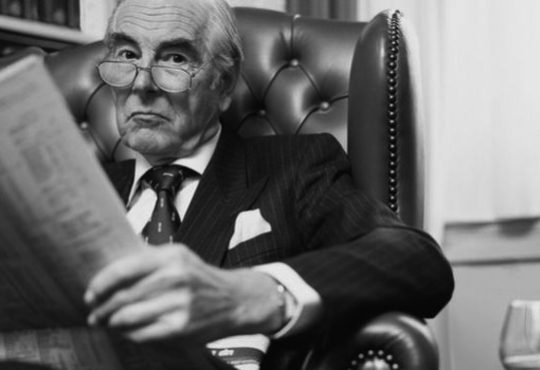Marissa Stafford, first year:
“It [the panel] broadened my understanding of what other people go through and how to teach according to this. I hope that people will be more understanding of others’ differences.”
Talena Graham, first year:
“It made me consider it in a new light. Racism is always something that has been present and prevalent in the world, especially in the recent months with the issues in Ferguson, and I think it’s really become a larger appearance in the media lately; it’s definitely something that people have been considering in some form or another. The timing of the Race and Pedagogy Conference was crucial. Just the way she [Angela Davis] spoke was powerful and affected the audience in a positive way… I think racism should become more of an issue in society… It shouldn’t be something when it’s on the news headlines, it should be something that’s constantly thought about.”
Julia Lim, freshman:
“It didn’t necessarily change the way I look at racism because I find that I ha acknowledge the racial differences around society whether its in this country or other countries…. It didn’t… change my outlook… but more it emphasized and… reminded me of the little things. For example… the one point she made about how we acknowledge racism as an issue that only happens in America while it’s a much bigger, broader issue that happens in other countries…The change I would like to see is more of an acknowledgement because that the first step to any kind of improvement in any social or political thing… I would like to see more acknowledgement and awareness.”
Scott Greenfield, junior:
“It broadened my perception of how racism manifests itself. I hope to see increased awareness, especially if you come from a place of privilege.”
Kathryn Alder, first year:
“It did not change the way I see racism because as far as I know there is still a lot of racism around the world as far as where I am from… going to a school mostly consisting of white people… I mean Hawaii is very diverse, but they would basically establish all of the stereotypes you see on television (which were wrong). As a person who has been exposed to a lot of cultures I was really ashamed of that… A lot of racism isn’t even meant to be negative, people just tend to put people in boxes and just assume that’s the way they are… It’s good to have cultural diversity because it makes life richer, but at the same time people shouldn’t be ignorant about it and shouldn’t be putting people in certain stereotypes.”
Gaea Villaroya, first year:
“Angela Davis changed my perception of racism after she pointed out that it didn’t only belong to the U.S. It reminded me that it wasn’t always white against minorities, that racism is a global issue. It…reminded me that racism is still alive. Something interesting that I forgot is that racism is not only in the U.S. Back at home [Alaska] they point out whatever stereotype you don’t follow, as in like, oh I was working over at the cannery at the summer and people were like, ‘wow you speak really good English’ … Or when… people are like, ‘oh where are you from, you look exotic’… I feel like that’s weird…you know what I mean?”
Maya Fretman, sophomore:
“It opened eyes to the issue and the nature of the issue. I want to know what I can do to help. She [Angela Davis] wants people to have more than just a legal understanding, but a deeper understanding.”


